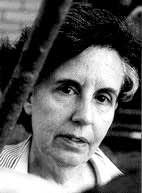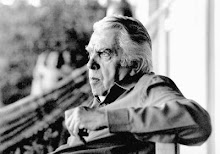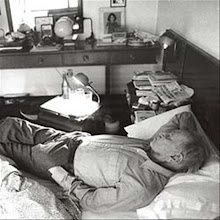The social problem of death is especially difficult to solve because the living find it hard to identify with the dying.
Death is a problem of the living. Dead people have no problems. Of the many creatures on this earth that die, it is human beings alone for whon dying is a problem. They share birth, illness, youth, maturity, age and death with the animals. But they alone of all living beings know that they shall die; they alone can anticipate their own end, are aware that it can come at any time, and take special precautions - as individuals and as groups - to protect themselves against the danger of annihilation.
Among the greatest dangers to humans are humans.
Not only means of communication or patterns of constraint, but the experience of death, too, can differ from society to society. It is variable and group-specific; no matter how natural and immutable it seems to the members of each particular society, it has been learned.
It is not actually death, but the knowledge of death, that creates problems for human beings. We should not be deceived: the fly caught between a person's fingers struggles as convulsively as a human being in the clutches of a murderer, as if it knows the peril it is in. But the fly's defensive movements when in mortal danger are an unlearned gift of its species. A mother monkey may carry her dead offspring for a while before dropping it somewhere and losing it. She knows nothing of death, either her child's or her own. Human beings know, and so for them death becomes a problem.
It would be worthwhile to present a survey of all the beliefs that people have held in the course of centuries in order to come to terms with the problem of death and its incessant threat to their lives; and at the same time to give an account of all they have done to each other in the name of a belief that promised that death was not an end, that the rituals attending it could secure them eternal life. Clearly there is no notion, however bizarre, in which people are not prepared to believe with profound devotion, provided it gives them relief from the knowledge that one day they will not exist, provided it gives them hope in a form of eternal existence.
Undoubtedly, in advanced societies groups of people no longer insist so passionately that only their own supernatural belief and its rites can secure for their members an eternal life after the earthly one.
Norbert Elias
1897 - 1990


![[...]](https://blogger.googleusercontent.com/img/b/R29vZ2xl/AVvXsEjeNC2Kyxd34r2LuofHe9-vdXHeHwG3_2NhVmIOTlK2moU0Q4R7taMlS8iMmQgEl1-NdaRsPrLdREzfQZYKfUgjslwLZUZe67dAfFBREu-YRx6WGX-vAUt5eJT4_-lFwT4dGzGCQQ/s220/11798115_858304687558226_1857652538_n.jpg)














































